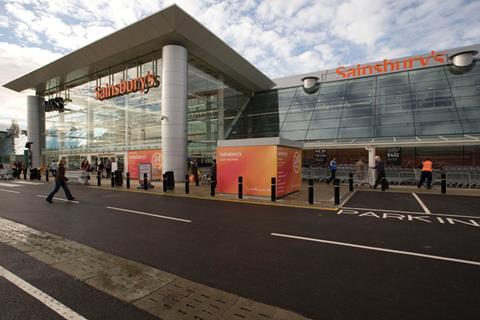
Sainsbury’s annual profits beat market expectations and its outlook was rosier than City watchers had feared. However, shares fell on Thursday as the supermarket warned it would continue to invest in price to maintain market share.
Total group sales (including VAT and fuel) increased by 5.3% year on year for the year ending 4 March, with retail sales up by 2%.
Retail like for likes, excluding fuel, increased by 2.6% compared with a 2.3% decrease last year.
This was largely driven by grocery sales rising 3% due to inflation and improved market share performance amid “relatively resilient” volumes. Grocery sales improved through the year as inflation rose, with sales up 7.4% in Q4.
However, general merchandise sales were down 0.4%, despite Argos gaining share in a weak general merchandise market. Meanwhile, fuel sales increased by 23.4%, driven entirely by higher market prices reflecting oil price inflation and a weakened sterling exchange rate.
Underlying profit
Despite the sales uplift, the supermarket’s underlying profit before tax fell back 5% to £690m, reflecting the lapping of elevated Covid grocery demand and heavy investment in pricing amid soaring cost inflation. It has invested £560m in price over the past two years – £10m more than the grocer previously committed in December, and £16m more than originally planned.
This resulted in retail underlying operating profit decreasing by 7.5% to £926m as retail underlying operating margin dropped by 41 basis points year on year to 2.99% from 3.4%.
Statutory profit before tax fell to £327m from £854m as the group was impacted by non-cash asset impairments of £363m, driven by a higher discount rate due to interest rate hikes, £106m of restructuring charges and one-off income from legal settlements in the prior year.
On the positive side, its underlying profit was at the top end of guidance and up 18% on pre-pandemic levels, while guidance for this year exceeded current expectations. But broker Bernstein noted this beat was in the context of market expectations already being “low” and that Sainsbury’s “continues to underperform Tesco in the market despite easier comps”.
Lower-priced
Hargreaves Lansdown noted that Sainsbury’s has had “little choice other than to get its hands dirty and fight with the likes of Tesco and slash prices to retain and attract customers”. It added: “However you slice it, the landscape is very tricky… The penchant for lower-priced grocery items needs to be short-lived if Sainsbury’s is going to be able to lift the margin ceiling it’s currently enforced on itself.”
House broker Shore Capital argued the supermarket was “toughing it out very well” in an environment of material inflation causing “widespread financial pressure” across the industry. “We see significant operational and financial progress manifested in the resilience, improved competitiveness and robust share performance of its food business, profit recovery in general merchandise and a much more efficient and fit-for-purpose firm.”
Sainsbury’s shares fell 1.5% on Thursday 279.6p, but remain up by 24% year-to-date.







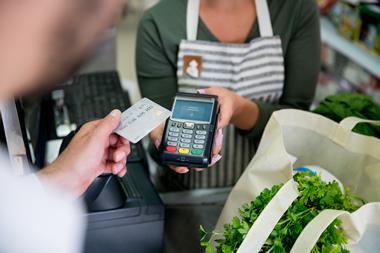
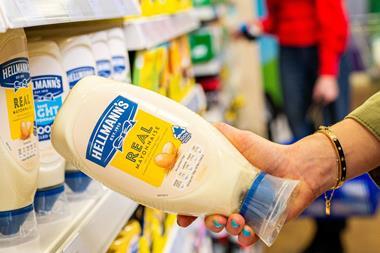
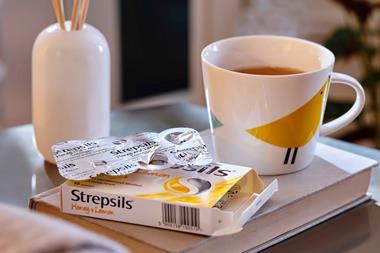

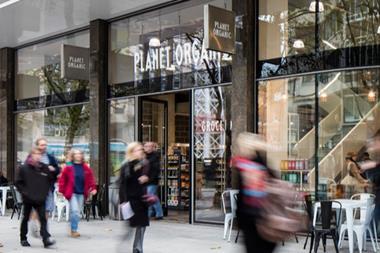
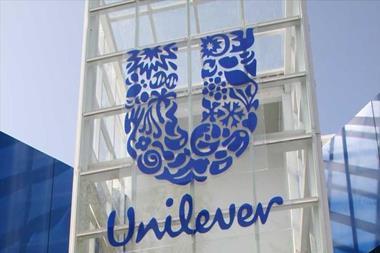





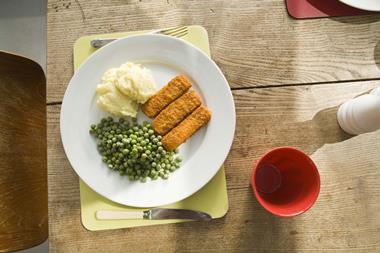
No comments yet